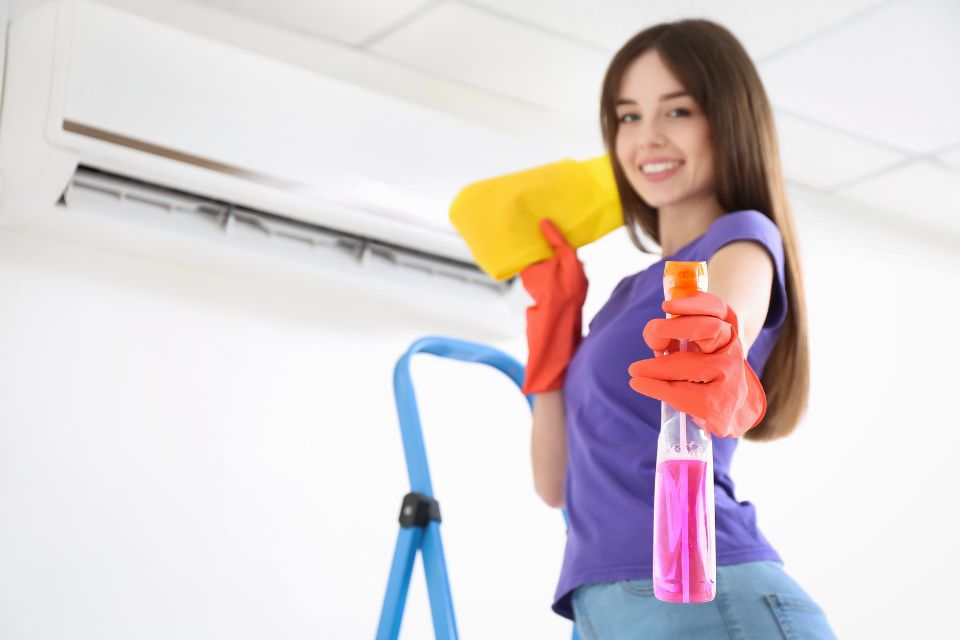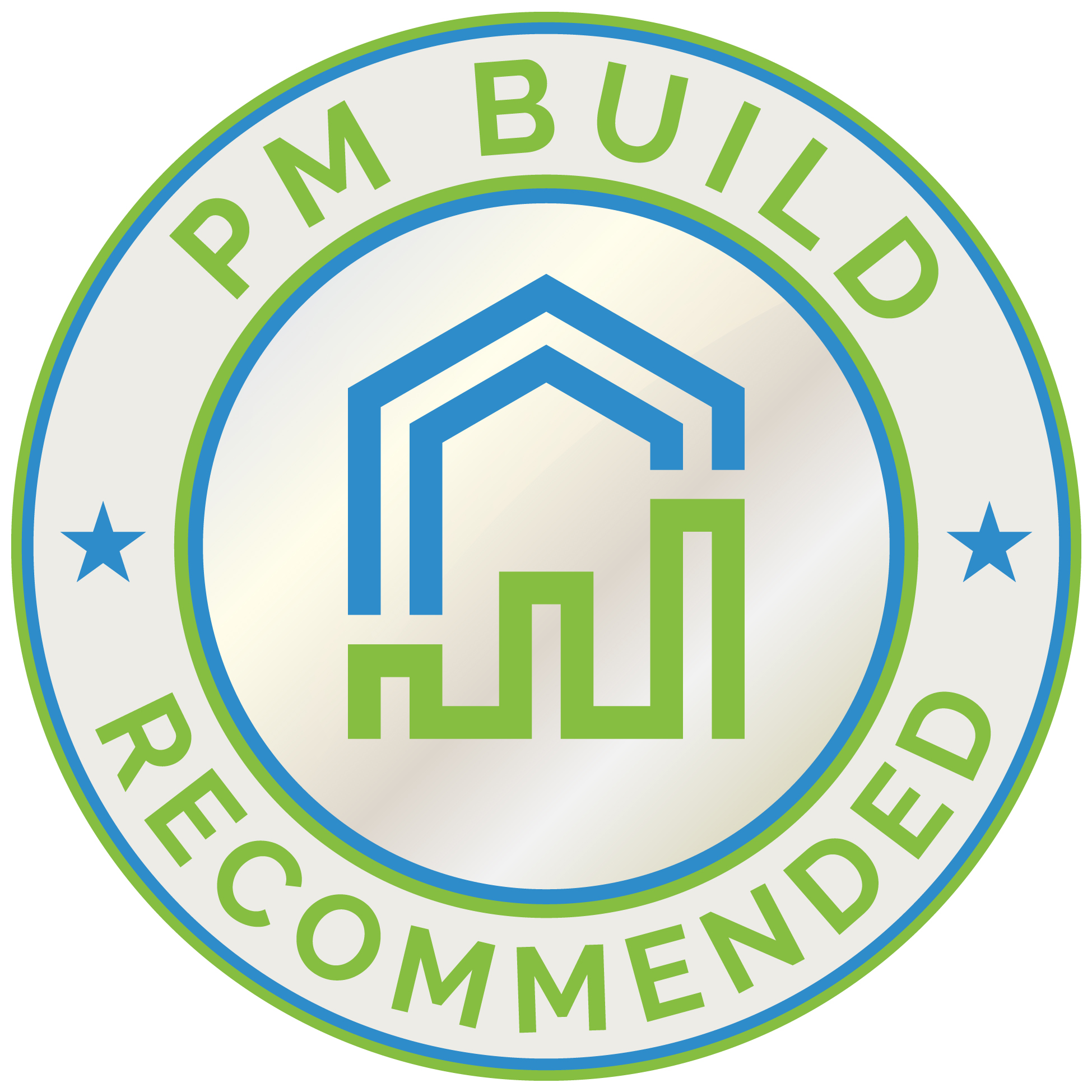Tenants must take care of their rented property and make reasonable efforts to keep it in good condition. Depending on the specifics of a tenancy agreement, renters may be responsible for normal repairs and maintenance for the premises they inhabit including plumbing, heating, and electrical work.
Understand rental agreement conditions.
It's important for tenants to review their rental agreement carefully and make sure they understand what conditions need to be maintained throughout the tenancy. This can include ensuring that the property is kept clean, trimming trees on the premises, and removing any mold or mildew that may develop in wet areas of the home.
Be aware of landlord responsibility in maintenance and repairs.
As a tenant, it is important to understand that landlords are responsible for maintaining their rental home to an acceptable standard of habitability. They must repair any damage beyond normal wear and tear as long as the tenant is not responsible for causing it. Landlords should also be proactive in identifying maintenance issues before they can become serious problems. Tenants should report any issues to the landlord promptly in writing or through other communication methods.
Follow preventive maintenance measures for house safety and comfort.
You should take preventive measures to ensure safety and comfort in your home. This includes simple tasks such as changing air filters, checking smoke and carbon monoxide detectors, and inspecting the premises for any problems. Additionally, when tenants are responsible for certain items of property maintenance, they should make sure these repairs are made promptly. If tenants fail to follow through on preventative maintenance measures, it could result in more serious problems down the line that could largely have been avoided.
Check validity of tenant repair requests to the landlord / property manager.
When tenants make a repair request, it is important that the tenant and landlord / property manager communicate effectively to make sure those requests are valid. If the landlord feels that any part of the repair request isn’t in line with their leasing contract, they should provide details as to why. It is also their responsibility to check the validity of the tenant’s repair request before taking action. They should take the time to review all conditions applicable to making repairs or engaging other vendors or contractors.
Prepare for unexpected repairs or natural disasters during the tenancy period.
When it comes to property maintenance, it can be difficult to predict if unexpected repairs or damages caused by natural disasters will occur during a tenancy. Some states do have laws that ensure tenants receive the proper notice before dispatching repair staff or notifying the occupant of any additional charges. It’s important for both landlords and tenants to familiarize themselves with their state’s laws regarding landlord-tenant responsibilities. In addition, having an emergency preparedness plan in place for any type of natural disaster is always recommended.
Conclusion
As tenants, it is important to understand that there are certain maintenance responsibilities that are yours to take care of. Refer to your lease agreement for the specific details, though some general guidelines you should follow include maintaining the property in a clean and safe condition, notifying your landlord right away of any necessary repairs or updates, and refraining from making drastic modifications without prior approval. By upholding these duties as a tenant, you can help ensure the safety of yourself and other residents.









